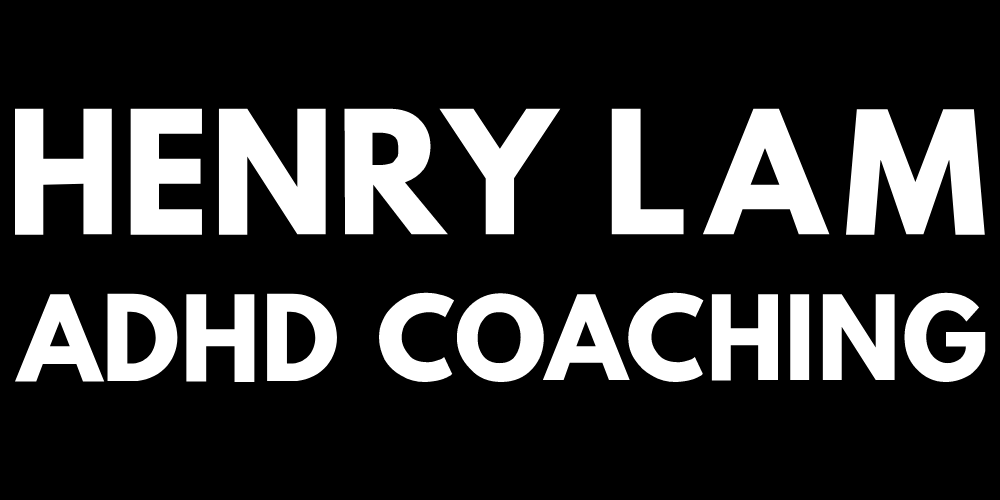ADHD Symptoms and Self Assessment
By Henry Lam, ADHD Coach
Recognizing ADHD: Symptoms, Self-Assessment Tools, and Tips
Introduction
Attention-Deficit/Hyperactivity Disorder (ADHD) affects both children and adults, yet it often goes unrecognized. Understanding the symptoms and utilizing self-assessment tools can be the first step toward getting the necessary help. This article provides an overview of the symptoms of ADHD and offers guidance on self-assessment methods and practical tips for managing symptoms.
Understanding ADHD Symptoms
ADHD symptoms can be broadly categorized into two types: inattentiveness and hyperactivity-impulsivity. While some individuals may exhibit symptoms from both categories, others may predominantly show one type.
Inattentiveness: This includes difficulty maintaining focus, forgetfulness in daily activities, and a tendency to lose items necessary for tasks or activities.
Hyperactivity-Impulsivity: Symptoms include excessive talking, restlessness, difficulty waiting for one’s turn, and acting without thinking about consequences.
The Centers for Disease Control and Prevention offers a comprehensive list of symptoms for further reading.
Self-Assessment Tools
While self-assessment tools do not replace a professional diagnosis, they can be helpful in determining whether to seek further evaluation from a healthcare provider.
Online Quizzes: Tools like the free quiz provided by Psychology Today can offer initial insights into whether ADHD might be affecting you or your loved ones.
Checklists: Simple checklists that detail ADHD symptoms can help track how often and to what extent symptoms appear, aiding in discussions with healthcare professionals.
Tips for Managing ADHD Symptoms
While professional treatment is paramount, certain strategies can help manage symptoms:
Organizational Tools: Using planners, apps, or lists can help manage forgetfulness and maintain focus on daily tasks.
Routine Practices: Establishing a structured daily routine can minimize distractions and help manage hyperactivity.
Mindfulness and Relaxation Techniques: Activities such as yoga, meditation, or deep breathing exercises can improve focus and reduce impulsivity.
Conclusion
Recognizing ADHD symptoms and understanding how to assess them are crucial steps towards managing this condition effectively. By using self-assessment tools and implementing practical management strategies, individuals can better cope with ADHD symptoms and improve their quality of life.
Further Reading
For more detailed information on ADHD and additional resources, visit ADDitude, which provides articles, tools, and support for those affected by ADHD.
Explore The More Of the Sweet Sixteen ADHD Beginner Articles!
Understanding ADHD
Treatment and Management
Avoiding Medication Errors in ADHD
Natural ADHD Treatments
Navigating ADHD Treatment Options
ADHD Beginner Mistakes
Managing Daily Life with ADHD
Professional Help and Support
Finding an ADHD Coach
Choosing an ADHD Therapist
Finding a Good Psychiatrist for ADHD
Building Support Network for ADHD
Inspiration and Insights
Getting Started

